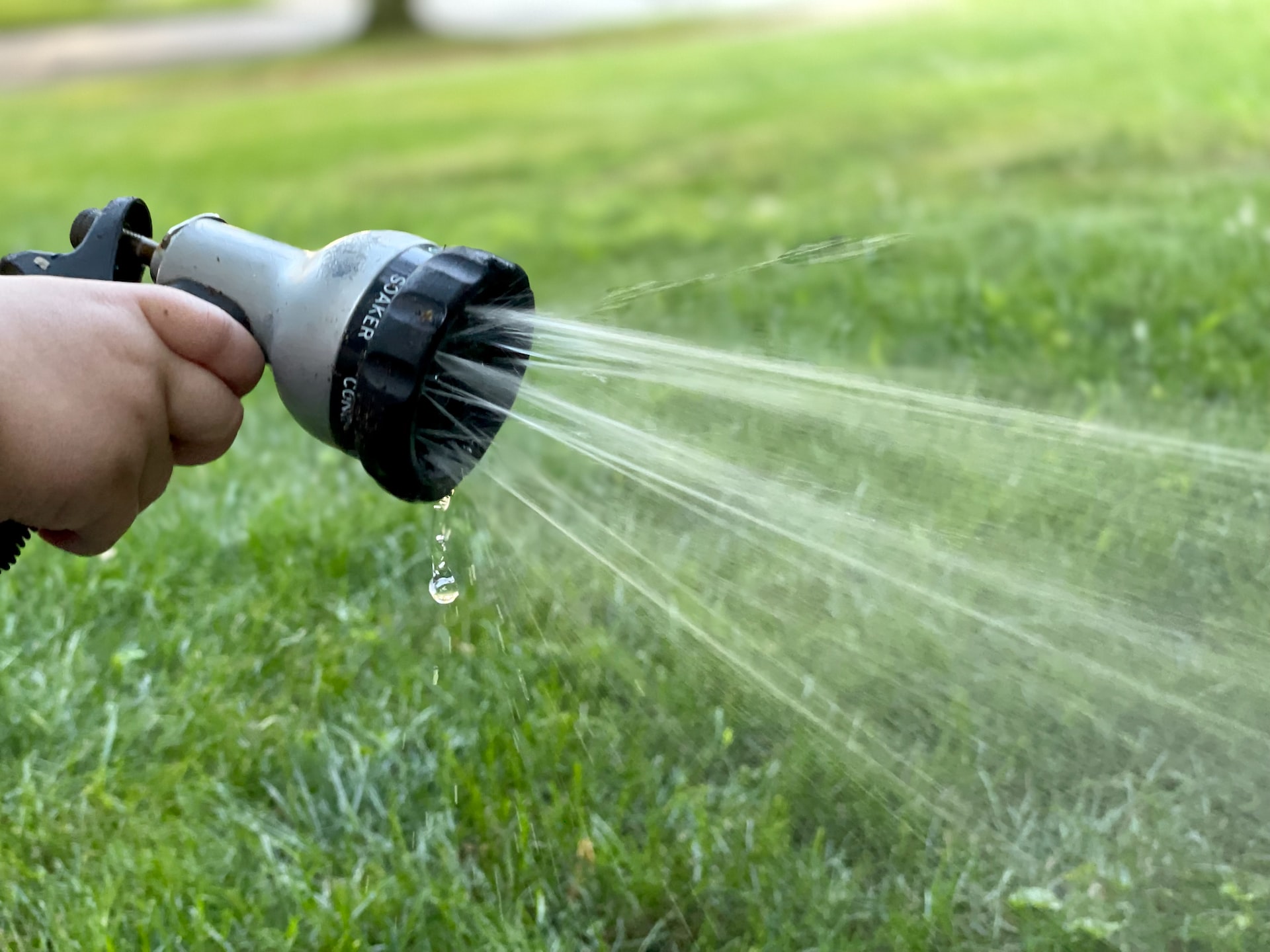How Does Drain Jetting Work?
When you’re dealing with a severely blocked drain, traditional home methods and DIY remedies just aren’t going to cut it. Sometimes, drain jetting services are going to be the only option to fully clear out your drains and have your plumbing running smoothly again.
But how does drain jetting work, and is it worth the expense? In this comprehensive guide, we’re going to take a look at how drain jetting can help unblock any clogged plumbing, and why it’s important to hire a professional to carry out the process for you. Let’s take a look!
What is drain jetting and how does it work?
Drain jetting is a drain clearing method that involves inserting a high powered jet hose into your drains to forcibly clear out any blockages. Drain jetting is only typically used on severe blockages, such as those caused by imposing tree roots. It should also only be carried out by a trained professional.
How does it work?
Improper jetting can damage pipes
As mentioned above, the hydraulic power of an industrial drain jet can be anything upwards of 7500 psi, although the capacity of some hydro jets will be even higher than this. For certain pipes (such as damaged, older, or poorly fitted pipes) drain jetting can actually worsen existing problems, or even damage the pipes entirely.
For this reason, it’s always important to consult with a plumber or hire drain repair services before opting for drain jetting; not only will they be able to perform the jetting safely, but experts will also be able to tell you whether or not your pipes are suitable for this intensive method of deep-cleaning.
If your pipes are new and made with PVC, they’ll most likely be suitable for jetting, but some older plumbing might not be able to withstand the water pressure. When in doubt, plumbers will insert a camera into your plumbing to inspect the blockage and offer an expert analysis.
Also Read: How does temperature affect the performance of a drain jetting machine?
You can sustain serious injury
Another reason you shouldn’t perform drain jetting at home is that you could sustain serious injury, or end up seriously injuring your family members. Consider this – if the water pressure is powerful enough to dislodge stubborn tree roots, it’s strong enough to cause you physical harm! The UK even has its own official Water Jetting Association, a trade organisation set up to ensure safe practice and technical standards for workers using high-pressure water machines. In short, it’s not something to experiment with at home.
Experts who use drain jettings tools are fully trained and have years of experience using this type of powerful machinery. They’ll also be equipped with comprehensive PPE gear to protect themselves during the process, which can be expensive for an individual to purchase for personal use.
It’s not a cost-effective option
While at-home drain jetting might appear to be the most budget-friendly option, the opposite is true! Drain jetting machines can be incredibly expensive, and given that you should only use these machines once a year, it’s not a smart investment for a homeowner. Factor in the cost for PPE and the time spent training yourself how to use the machinery, and you’re reaching a net negative for both your time and money.

